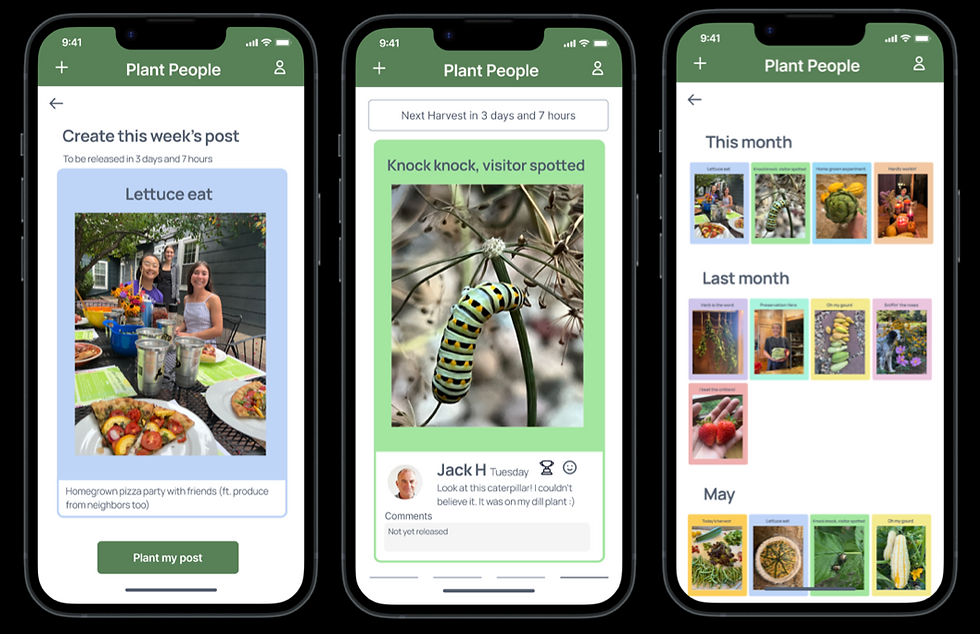Improving the User Friendliness of Weather Station Documentation at NCAR
- Joelle McDonald

- Oct 10, 2024
- 2 min read

The National Center for Atmospheric Research in Boulder has a project to create an open source, 3D printable weather station at as low a cost as possible. The goal of this station is to increase data equity for communities underserved by weather data services and to create a citizen science community.
Over the course of my time as a student visitor at UCAR, I have worked on improving the accessibility and user friendliness of the assembly documentation for the station. This has included creating video tutorial aimed to be understandable to anyone from middle school students and above. I have also improved the Github site that contains instructions for 3D printing, programming, and assembling a weather station.
Website Upgrade
Before my involvement the GitHub site contained detailed information about the premise and requirements for constructing a weather station, but the step-by-step process required the user to fill in some gaps. The updated instructions are more robust, uniform, and leave less guess work for citizen scientists. View the live site here.
Original Site Sample After my Updates

Documentation of my contributions:
Reordering some of the subpages to improve workflow and deliver information in a more logical order
Create a table to organize all of the 3D printed parts. Update the images of the parts to be uniform. Add notes to better communicate each part's purpose.
Create video tutorials and add a link to each
Add table documentation and diagram to detail all of the wiring connections needed to test the electronics
Rebuild the assembly instruction page. Break the process into distinct stages and each stage into steps with descriptions and images. Add a materials list for each stage.
Add a page to explain building the independent power source with the same methodology as the assembly instructions page.
Add another image to the deployment page to provide more context.
Video Tutorials
The video tutorials also provide a more visual resource for student and citizen scientists to use if they get stuck or find it more helpful that written instructions. I produced the filmed, edited, and provided the demonstration in these tutorials.



Comments